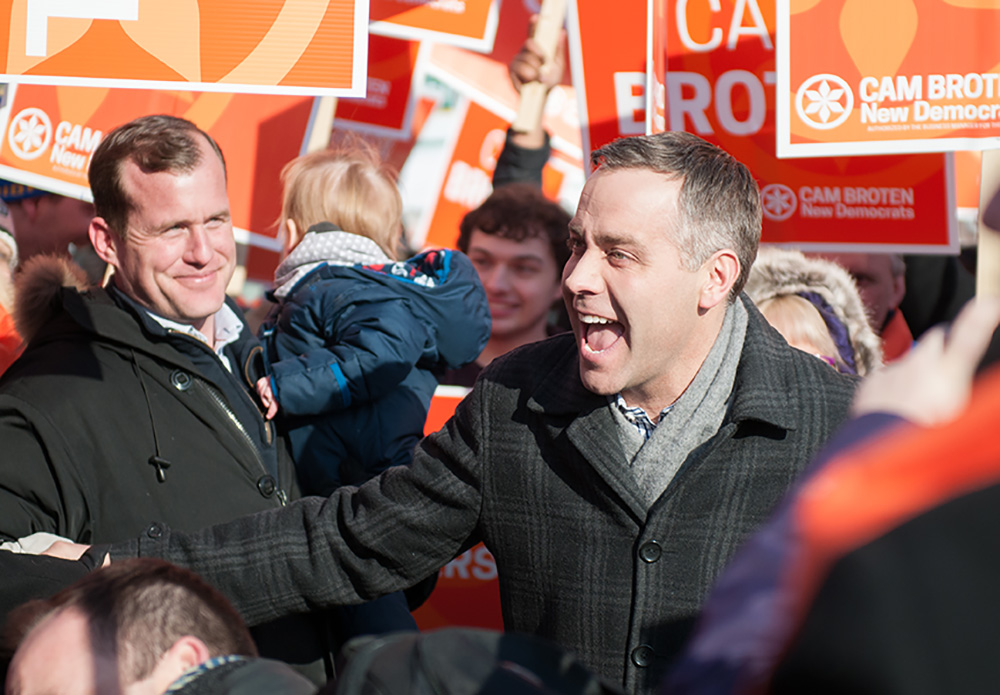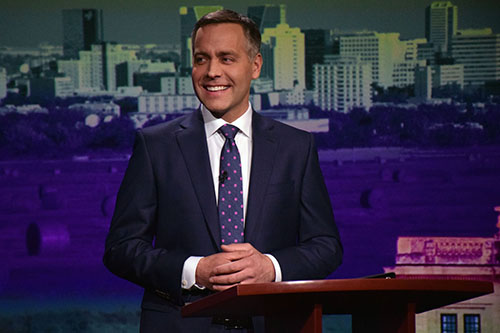Analysis by Michael Joel-Hansen
When the Saskatchewan Party government announced that it planned to partially privatize Saskatchewan’s public liquor retail system there should have been very little surprise from a political perspective. The fact that a center-right government would make such a move makes a great deal of sense, in that many of those who support the party view liquor retail as a business that should be left to the private sector.
Ken Rasmussen, a professor of Public Policy at the University of Regina, said one question is at the heart of the new debate about liquor retailing in Saskatchewan “What is it about liquor that demands…it to be sold by government?” Rasmussen, sees this change in policy as somewhat of a natural evolution, given that private liquor retailing has been growing steadily in the province for a number of years.
“We’re (in Canada) one of the only places (in the world) where we make a virtue of the government doing this,” said Rasmussen. “The government here now, thinks the time is right…the government doesn’t sell pants…or anything else, so why should it sell liquor?”
From a political perspective this change appears to make sense. However, the economic benefits are not clear. Some research groups believe that this change could see the public lose revenue.
The Saskatchewan Office for the Canadian Centre of Policy Alternatives; believes this would be the case and is as a result is critical of the government’s proposed changes. The think tank has recently put out two reports which have criticized the proposed changes as well as previous privatizations. Simon Enoch, the Executive Director of the Saskatchewan CCPA, said the government’s claims that these changes will be “revenue neutral” don’t hold up to scrutiny. If you take a serious look at the numbers, the government will lose about 25 million dollars a year in revenues, according to Enoch. The difference in figures comes from the government overestimating how much money it will save in operating costs, he explains.
As well, the CCPA is critical of the government’s past privatizations of four rural liquor stores. Specifically, the group points to negative economic effects that these decisions have had on the communities. “Unionized jobs, much higher wages are gone…for the most part privatized liquor stores are going to pay much lower wages” Enoch said. “All those stores are sitting empty, so municipal property taxes are gone.”
The CCPA is also critical of how the government has handled the entire process. “There’s been no economic impact analysis, no numbers to accompany their claims of revenue neutrality,” Enoch said.
Besides the politics and money, there is a much more personal angle to this debate. Approximately 900 people work in Saskatchewan’s public liquor stores. If privatization goes forward, this number will be cut down significantly.
Donna Christianson is the manger of the SLGA store in Wadena, which has been slated for closure. Christianson said morale is “not good” among staff since the announcement came down. She said that many are unsure about their future in that there have been no negotiations about severances or whether or not employees will have bumping rights. The whole situation is an “uncertain” one going forward, according to Christianson.
Overall from a political perspective these changes do make sense and will quite likely make the the Saskatchewan Party base quite happy. From the financial side, the answer does not appear to be as cut and dry.
The best case scenario, according to the government, is that the public will not lose any money. However, the fact that no numbers have been released to back up this claim should be of a major cause for concern. The potential for lost revenue should especially be front and center now as the province is grappling with major financial shortfalls due to the collapse in oil prices.
This should raise the question: is it appropriate for the government to take a gamble with no benefits as a best case scenario during such financially uncertain times? And when hundreds of rural jobs are at stake?


















